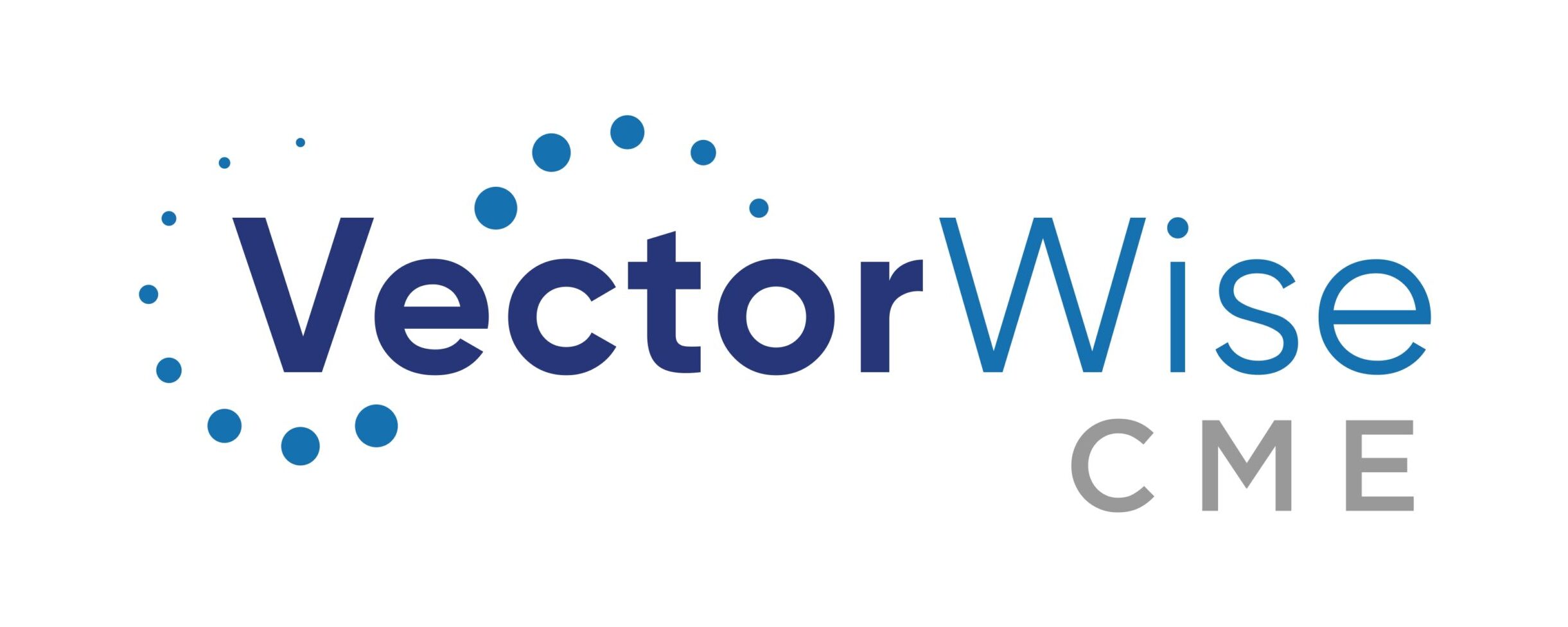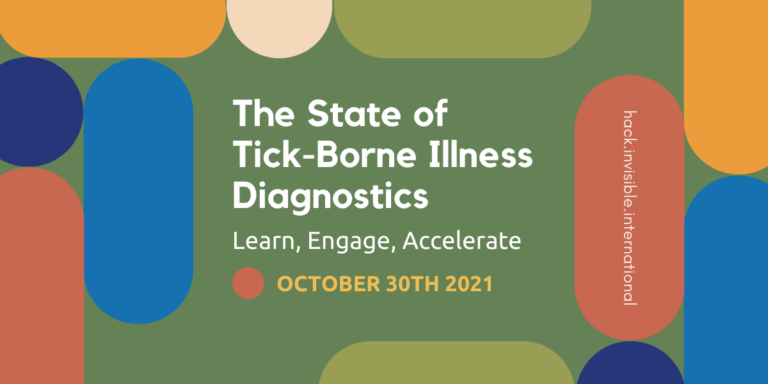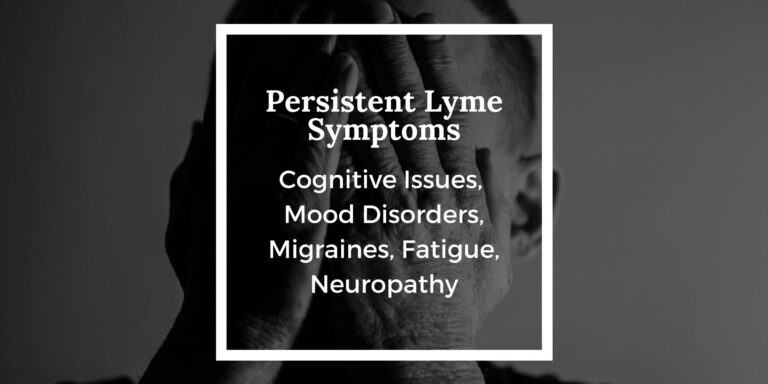New course on One Health strategies for diagnosing Lyme disease
If you’re a clinician looking for new evidence-based insights into diagnosing Lyme disease, this course is a good starting place. It begins with a brief overview of the One Health approach to combating vector-borne diseases. Then it applies this framework to Lyme disease, which accounted for 60% of all vector-borne diseases in the U.S. from 2004 to 2016.
Early Lyme diagnostic strategies are addressed by Elizabeth Maloney, MD, the Education Co-director at Invisible, a Minnesota family physician, and the founder/president of Partnership for Tick-borne Diseases Education, a nonprofit providing evidence-based education on tick-borne diseases. Dr. Malone reviews four cases that highlight symptom patterns to look for in diagnosing early Lyme, Lyme carditis, and cranial neuritis, which often presents as facial Bell’s Palsy. She also discusses the flaws inherent in current Lyme diagnostic tests.
Late-stage Lyme disease rehabilitation is covered by Nevena Zubcevik, DO, Chief Medical Officer of Invisible International, previously co-founder and co-director of the Dean Center for Tick Borne Illness at the Spaulding Rehabilitation Hospital, an affiliate of Harvard Medical School. Dr. Zubcevik emphasizes that Lyme diagnostics aren’t always reliable for late-stage Lyme, so she presents evidence-based symptom clusters that may help clinicians with diagnoses. To assess the nervous system inflammation that is characteristic of late Lyme, she recommends taking a punch biopsy to test for small fiber neuropathy, and PET brain scans to confirm the inflammation that is at the root of the memory deficits found in 74% of these patients.
In addition to this course, Invisible offers resources to help in clinicians in the diagnostic process. These include a General Symptom Questionnaire (GSQ-30) for assessing patient impairment; a health risk assessment tool that helps patients think about exposures to environmental, animal, and travel-related diseases that might be contributing to ill health; and an evidence-based symptom list for babesiosis, bartonellosis and (Lyme) borreliosis, all common tick-borne diseases.
Invisible International is developing courses and clinician tools like these to accelerate the movement of new research to frontline clinicians. We hope these anytime, anywhere courses will grow the pool of health-care providers who are experienced in the diagnosis and treatment of tick- and other vector-borne diseases. This means fewer patients will have to travel long distances and wait months for an initial appointment. Education heals.
The Invisible Education Initiative, funded by the Montecalvo Foundation, provides free, accredited Continuing Medical Education (CME) courses that focus on vector-borne and environmental illness within a One Health framework. These courses are available to clinicians and the public. To donate to this initiative and to learn about Invisible International, please go here http://invisibleinter.wpengine.com/give.







